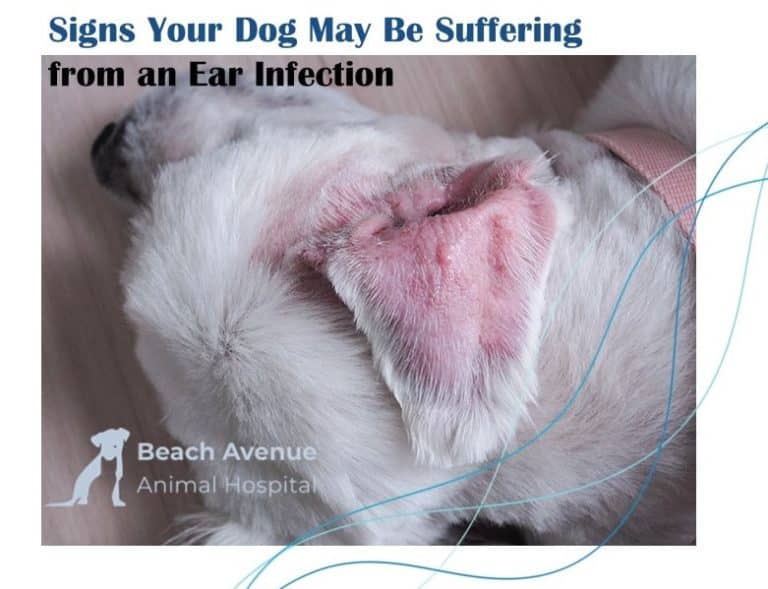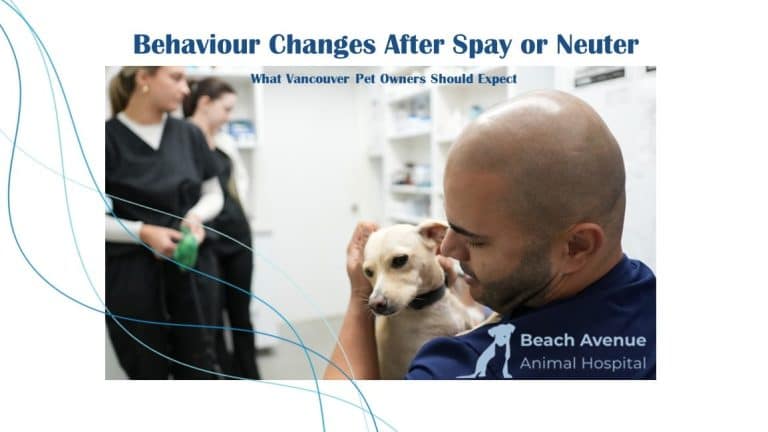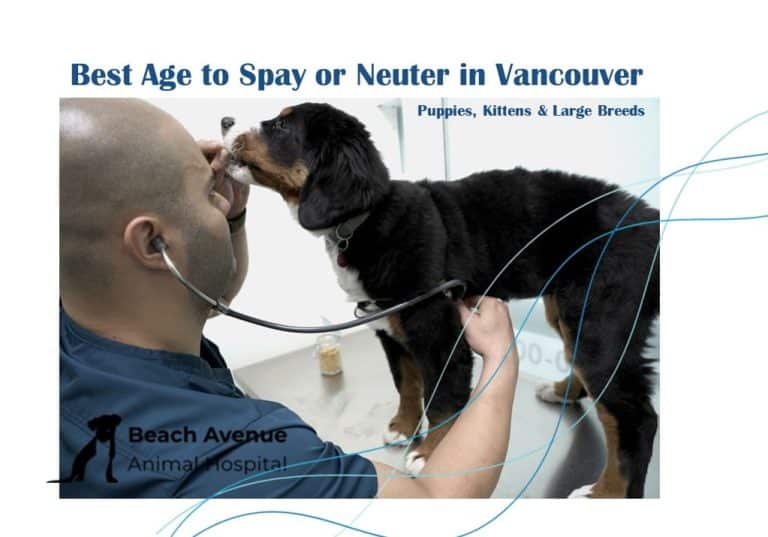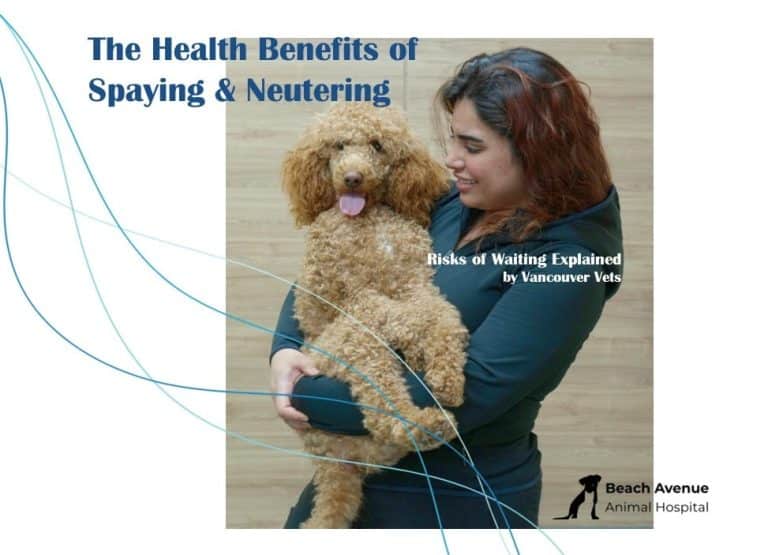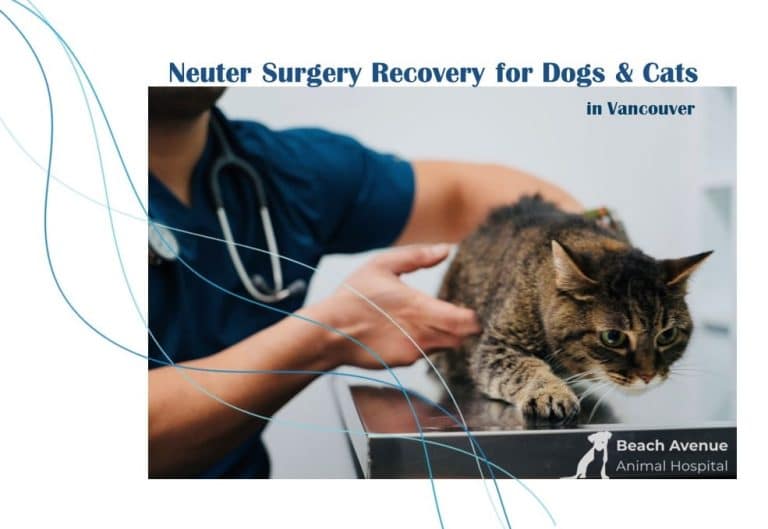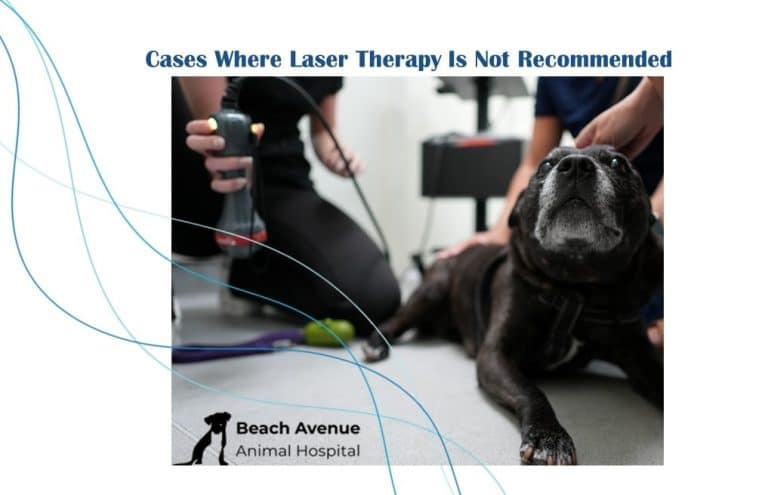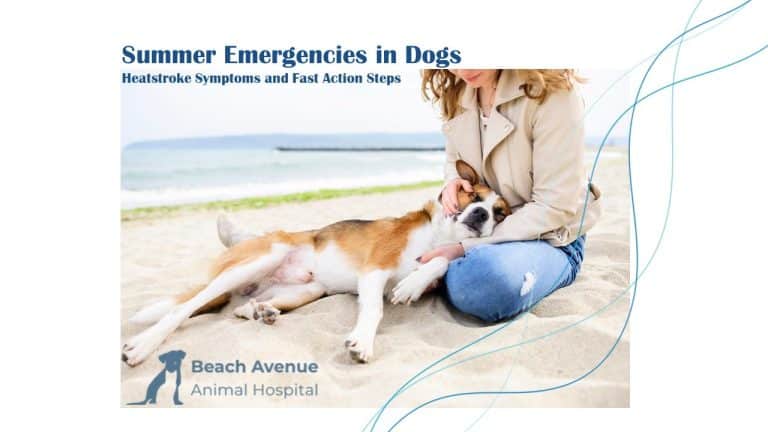Did you know that 80% of dogs show signs of dental disease by the age of 3? Dental health is one of the most overlooked aspects of pet care, but it’s essential to your dog’s overall well-being. Poor dental hygiene can lead to bad breath, painful infections, and even serious conditions like heart disease. Regular visits to a pet dentist are also critical, as they can provide professional cleanings and spot issues that brushing at home may miss.
Brushing your dog’s teeth might seem like a challenge, but it’s one of the simplest ways to prevent these issues. Alongside routine check-ups with your pet dentist, maintaining a consistent at-home brushing routine can significantly improve your dog’s oral health. In this article, we’ll explore how often you should brush your dog’s teeth, the factors that influence brushing frequency, and tips to make the process easier for both you and your furry friend.
What Determines How Often to Brush Your Dog’s Teeth?
While there are general guidelines for brushing your dog’s teeth, individual factors can influence how often it’s needed. Here’s what to consider:
Age
- Puppies: Younger dogs are less likely to have plaque buildup but benefit from early training to get used to brushing.
- Adult Dogs: As dogs age, they are more prone to dental problems, so consistent brushing becomes critical.
Breed
- Small Breeds: Dogs like Chihuahuas and Dachshunds often have crowded teeth, which can trap food and lead to quicker plaque buildup.
- Large Breeds: While they generally have fewer dental issues, some large breeds are still prone to tartar accumulation.
Diet
- Dogs that primarily eat wet food may develop plaque faster than those who eat dry kibble. Crunchy food can help scrape plaque off teeth to some extent.
Pre-existing Conditions
- Dogs with gum disease, tartar buildup, or tooth decay require more frequent brushing, often daily, to prevent further complications.
Genetics
- Some breeds, such as Yorkshire Terriers and Greyhounds, are genetically predisposed to dental problems and may need extra care.
General Recommendations for Brushing Frequency
The Gold Standard: Daily Brushing
Veterinarians recommend brushing your dog’s teeth daily to remove plaque before it hardens into tartar. Daily brushing helps prevent bad breath, gum disease, and tooth decay.
The Minimum: 2–3 Times Per Week
If daily brushing isn’t feasible, aim for at least 2–3 times per week. This can still significantly reduce plaque buildup and keep your dog’s mouth healthier.
The Consequences of Infrequent Brushing
Brushing less frequently or not at all can lead to:
- Bad breath
- Painful gum infections
- Tooth loss
- Higher costs for professional dental cleanings
Signs It’s Time to Brush More Often
If you notice these symptoms, it may be time to step up your dog’s brushing routine:
Physical Symptoms
- Bad Breath: Persistent bad breath could be a sign of bacteria buildup.
- Yellow or Brown Teeth: Visible tartar indicates that brushing frequency should increase.
- Gum Redness or Swelling: These are early signs of gingivitis and gum disease.
Behavioral Changes
- Reluctance to eat or chew toys may indicate oral pain, which can often be reduced with better dental care.
Veterinary Advice
- If your vet notices plaque buildup or early signs of dental disease during a check-up, they may recommend more frequent brushing or professional cleaning.
How to Make Brushing Your Dog’s Teeth Easier
Brushing your dog’s teeth doesn’t have to be a stressful experience. Here are some practical tips to simplify the process:
Choosing the Right Tools
- Toothbrush: Use a toothbrush designed for dogs, or a finger brush for easier control.
- Toothpaste: Always use pet-safe toothpaste, as human toothpaste contains ingredients like fluoride that are toxic to dogs.
Creating a Routine
- Brush your dog’s teeth at the same time each day to establish a habit. Pair the activity with a reward, like a treat or playtime.
Training Tips
- Start Slowly: Let your dog sniff and taste the toothpaste.
- Use Positive Reinforcement: Praise and reward your dog throughout the process.
- Gradual Progress: Begin by brushing just a few teeth at a time and gradually increase coverage.
Alternatives for Difficult Dogs
- Dental Treats and Chews: These can help reduce plaque and tartar when brushing isn’t possible.
- Water Additives: Special additives can promote oral hygiene.
- Professional Cleaning: Schedule regular dental cleanings with your vet for a thorough clean.
When to Seek Professional Help
If brushing your dog’s teeth feels overwhelming or you’ve noticed signs of dental issues such as bad breath, loose teeth, or swollen gums, don’t worry—you don’t have to handle it alone. At Beach Avenue Animal Hospital, our professional team is here to help. Whether your dog needs a thorough dental cleaning, treatment for a damaged tooth, or simply a check-up to ensure their oral health is on track, we’ve got you covered.
Give us a call today to schedule an appointment and let us help keep your furry friend’s smile healthy and bright!
FAQs About Dog Dental Care
- Can you overbrush your dog’s teeth? No, as long as you use the right tools and technique, daily brushing is safe and effective.
- What happens if I never brush my dog’s teeth? Without brushing, plaque hardens into tartar, leading to gum disease, tooth loss, and potentially systemic health issues.
- Do dogs need professional teeth cleaning if I brush regularly? Yes, professional cleanings remove tartar below the gumline, which brushing can’t reach.
- Are there specific dog breeds that need more frequent brushing? Yes, small breeds and those with genetic predispositions to dental issues often require more frequent care.
- Is it okay to use human toothpaste on dogs? No, human toothpaste contains toxic ingredients like fluoride and xylitol. Always use pet-safe toothpaste.


